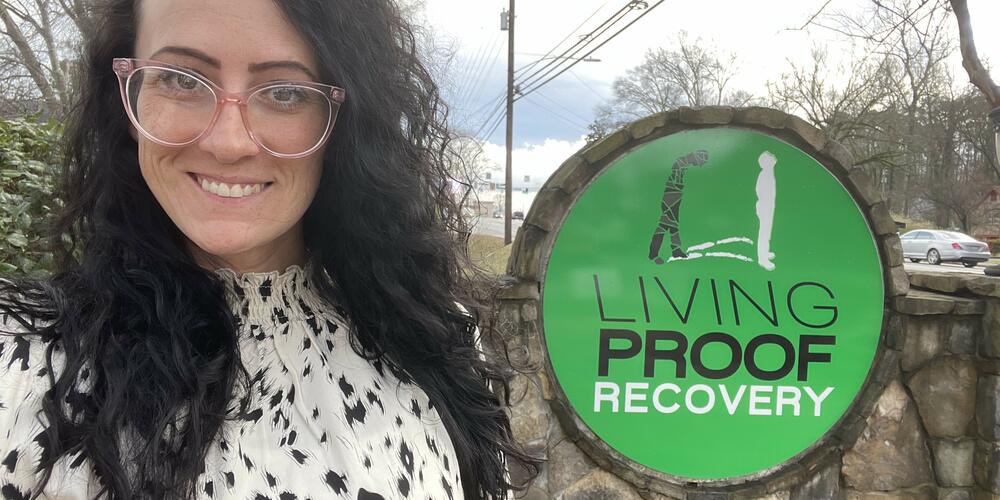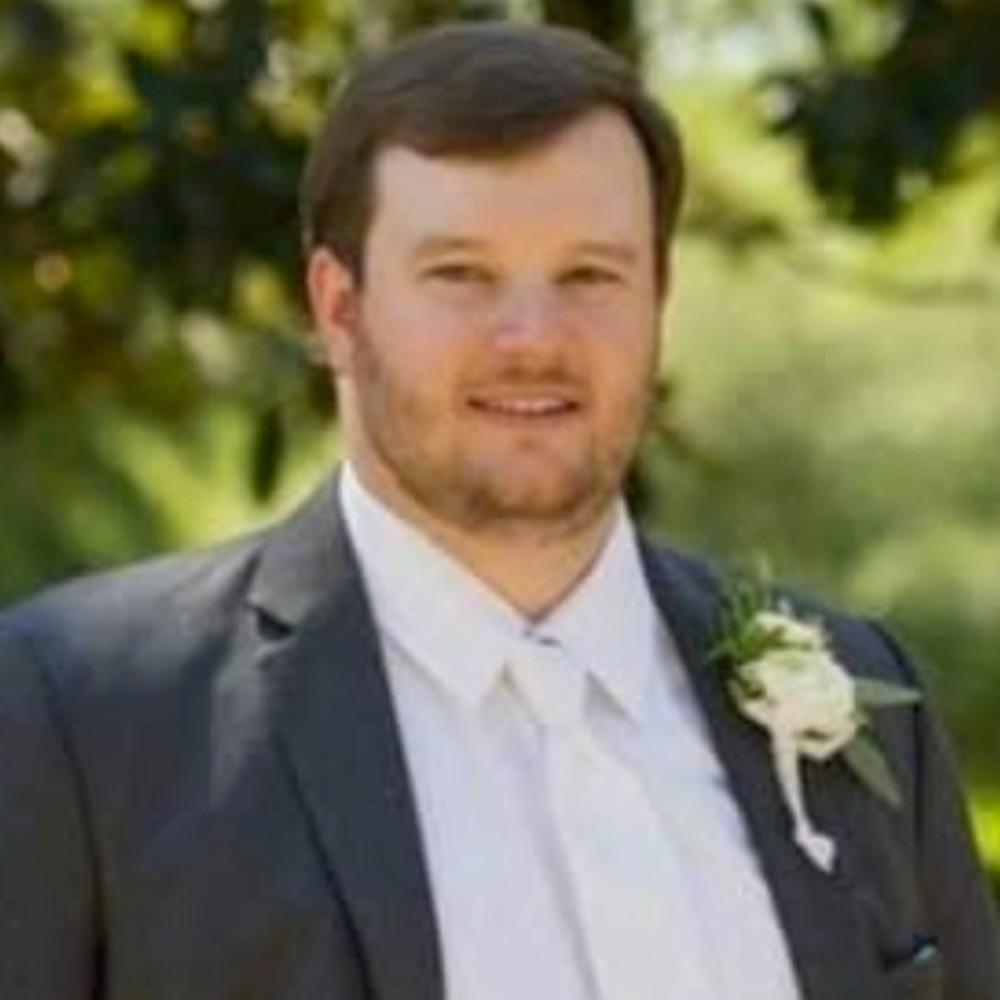
Caption
Living Proof Recovery Executive Director Brittney Galvanauskas points at a wall map of drug overdose location reports.
Credit: Ellen Eldridge/GPB

Caption
Living Proof Recovery Executive Director Brittney Galvanauskas looks at a piece of art on the wall. Her T-shirt says "Where there is life, there is hope."
Credit: Ellen Eldridge/GPB

Caption
A woman in a gray hooded jacket playing pool by herself at Living Proof Recovery in Rome, Ga.
Credit: Ellen Eldridge/GPB

Caption
Living Proof Recovery Executive Director Brittney Galvanauskas stands by the sign outside the recovery center's sign.
Credit: Contributed

Caption
Living Proof Recovery Executive Director Brittney Galvanauskas.
Credit: Ellen Eldridge/GPB









